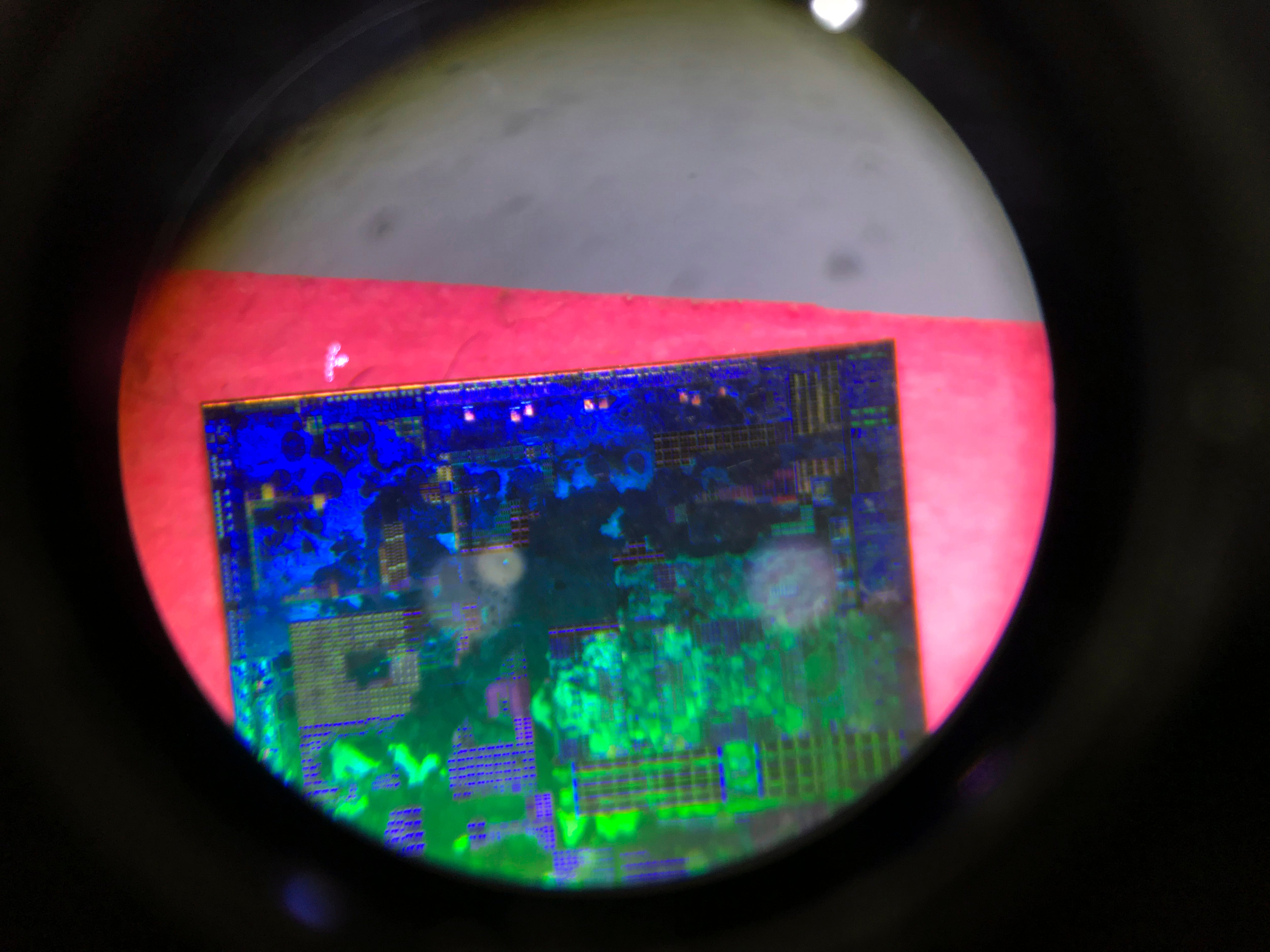China restricts exports of high-tech metals in a slap at Washington ahead of Yellen's visit
China has imposed export curbs on two metals used in computer chips and solar cells, expanding a squabble with Washington over high-tech trade ahead of Treasury Secretary Janet Yellen’s visit to Beijing this week

Your support helps us to tell the story
From reproductive rights to climate change to Big Tech, The Independent is on the ground when the story is developing. Whether it's investigating the financials of Elon Musk's pro-Trump PAC or producing our latest documentary, 'The A Word', which shines a light on the American women fighting for reproductive rights, we know how important it is to parse out the facts from the messaging.
At such a critical moment in US history, we need reporters on the ground. Your donation allows us to keep sending journalists to speak to both sides of the story.
The Independent is trusted by Americans across the entire political spectrum. And unlike many other quality news outlets, we choose not to lock Americans out of our reporting and analysis with paywalls. We believe quality journalism should be available to everyone, paid for by those who can afford it.
Your support makes all the difference.China has imposed export curbs on two metals used in computer chips and solar cells, expanding a squabble with Washington over high-tech trade ahead of Treasury Secretary Janet Yellen's visit to Beijing this week.
The controls on gallium and germanium are intended to “safeguard national security,” the Commerce Ministry said late Monday. It said exports will require official permission once the rules take effect Aug. 1 but did not say what restrictions might be applied.
Chinese leader Xi Jinping’s government is frustrated by U.S. curbs on access to advanced processor chips and other technology on security grounds. But Beijing has been slow to retaliate, possibly to avoid disrupting China’s fledgling developers of chips, artificial intelligence and other technology.
Yellen is due to arrive Thursday as part of efforts by the Biden administration to revive relations that have plunged to their lowest level in decades due to disputes about technology, China's military buildup, human rights and other irritants.
China is the biggest global source of gallium and germanium, which are produced in small amounts but are needed to make computer chips for mobile phones, cars and other products, as well as solar panels and military technology.
The United States gets about half its supply of both metals directly from China, according to the U.S. Geological Survey. China exported about 23 metric tons (25 tons) of gallium last year and produces about 600 metric tons (660 tons) of germanium per year.
The United States has blocked Chinese access to advanced chips and the technology to manufacture them and has persuaded allies the Netherlands and Japan to limit exports of chipmaking tools.
That threatens to delay or derail the ruling Communist Party's ambitions to make China more prosperous and increase its global influence by becoming a leader in clean energy, telecoms, artificial intelligence and other technologies.
In May, Beijing banned use of products from Micron Inc., the biggest U.S. producer of memory chips, in computers and network equipment deemed sensitive.